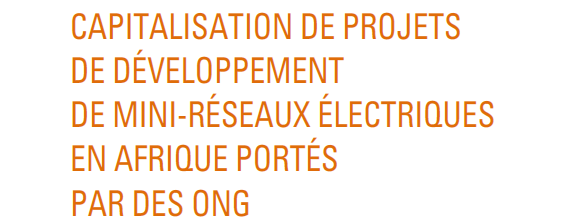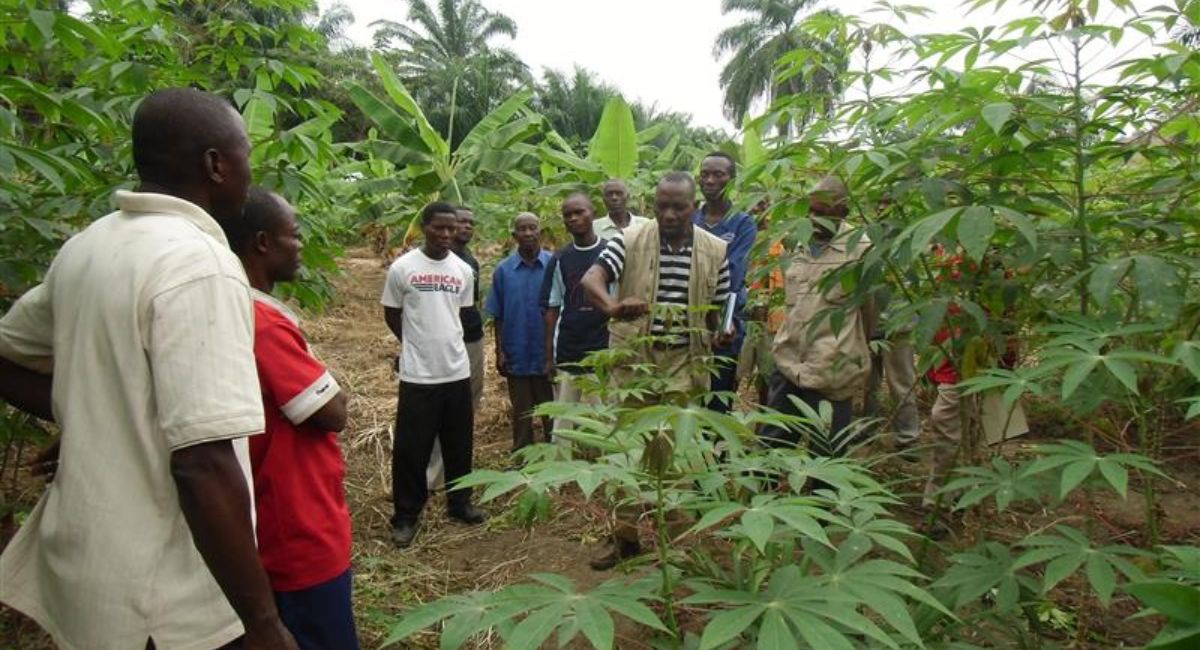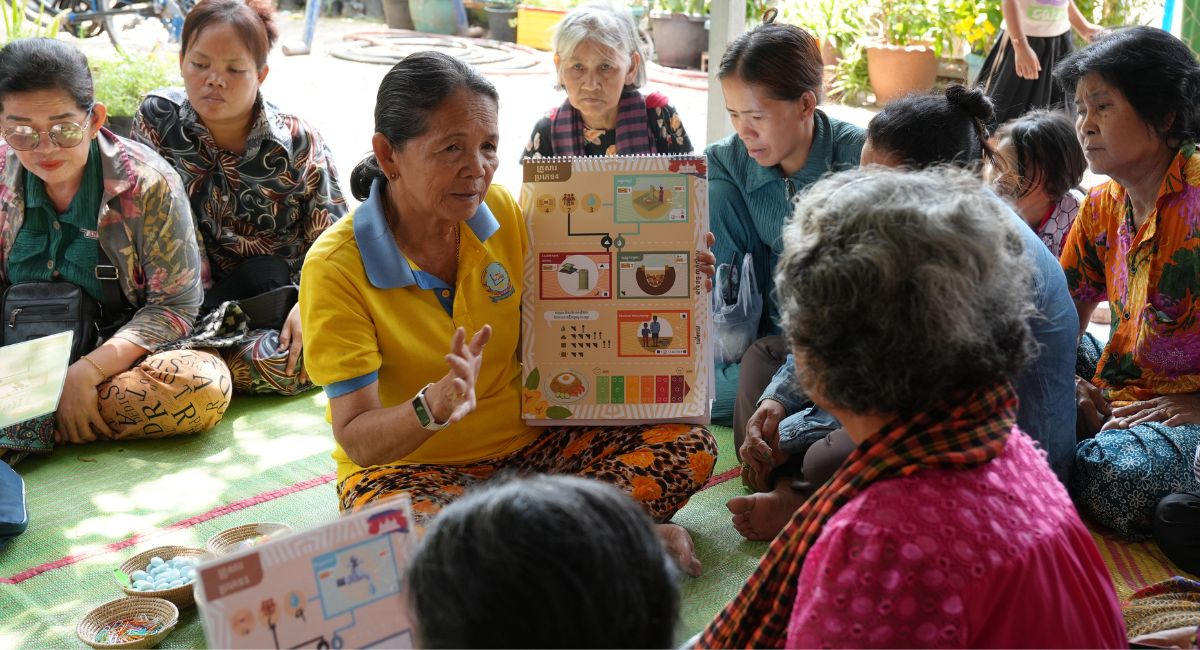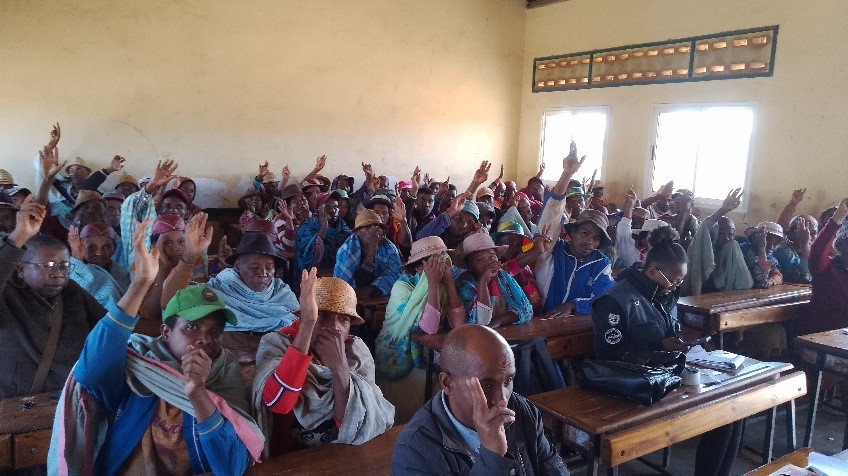In 2021, Agence française de développement (AFD) commissioned a capitalisation study on intervention practices and procedures for the implementation of energy infrastructure, with a view to facilitating replication of mini-electricity network projects and improving impacts over the long term.
With a wealth of experiences in their respective fields, Fondem, Geres and GRET co-authored this capitalisation, drawing on mini-electricity network projects using renewable energy sources in Mali and Madagascar. The logic underpinning the work was mutual learning among peers, based on the results and feedback of existing projects.
The study reached three main conclusions:
- Projects are still technically and economically fragile
Rural electrification projects are as yet economically unstable. This lack of stability requires effective monitoring and evaluation of impacts over the medium term. Refinancing procedures are also necessary to ensure sustainability.
- Taking account of hybridization of operating rules
Regarding contractualisation and local governance of services in rural areas, it is necessary to take account of social dynamics (balance and relationships between stakeholders) and hybridization processes between formal and informal standards (contracts, standards, regulation).
- The importance of inclusivity in projects to reach all populations
Despite systems for access (grants for connection, payment plans, appropriate pricing schemes, etc.), a significant portion of the population remains on the side lines of the electricity services proposed. Feedback from experiences must be organised in order to better understand the effectiveness and limits of these mechanisms, and contribute to the development of public policies aimed at universal access. All stakeholders in the rural electrification sector (electrification agencies, donors, NGOs, regulatory authorities and businesses) have a role to play in ensuring greater inclusion of populations.
A webinar will be organised shortly by the NGOs that conducted the capitalisation, to provide a more detailed presentation on these results.





